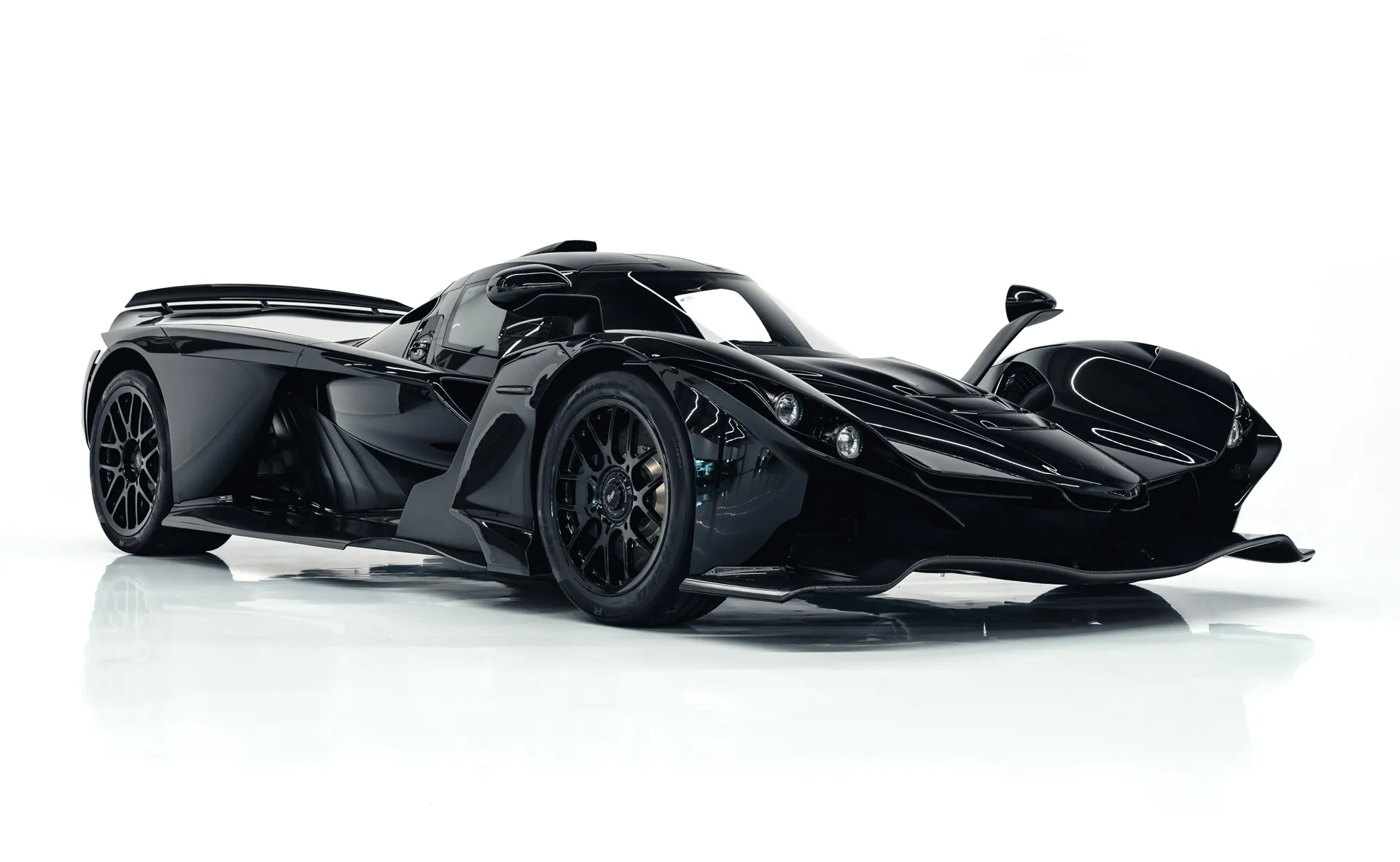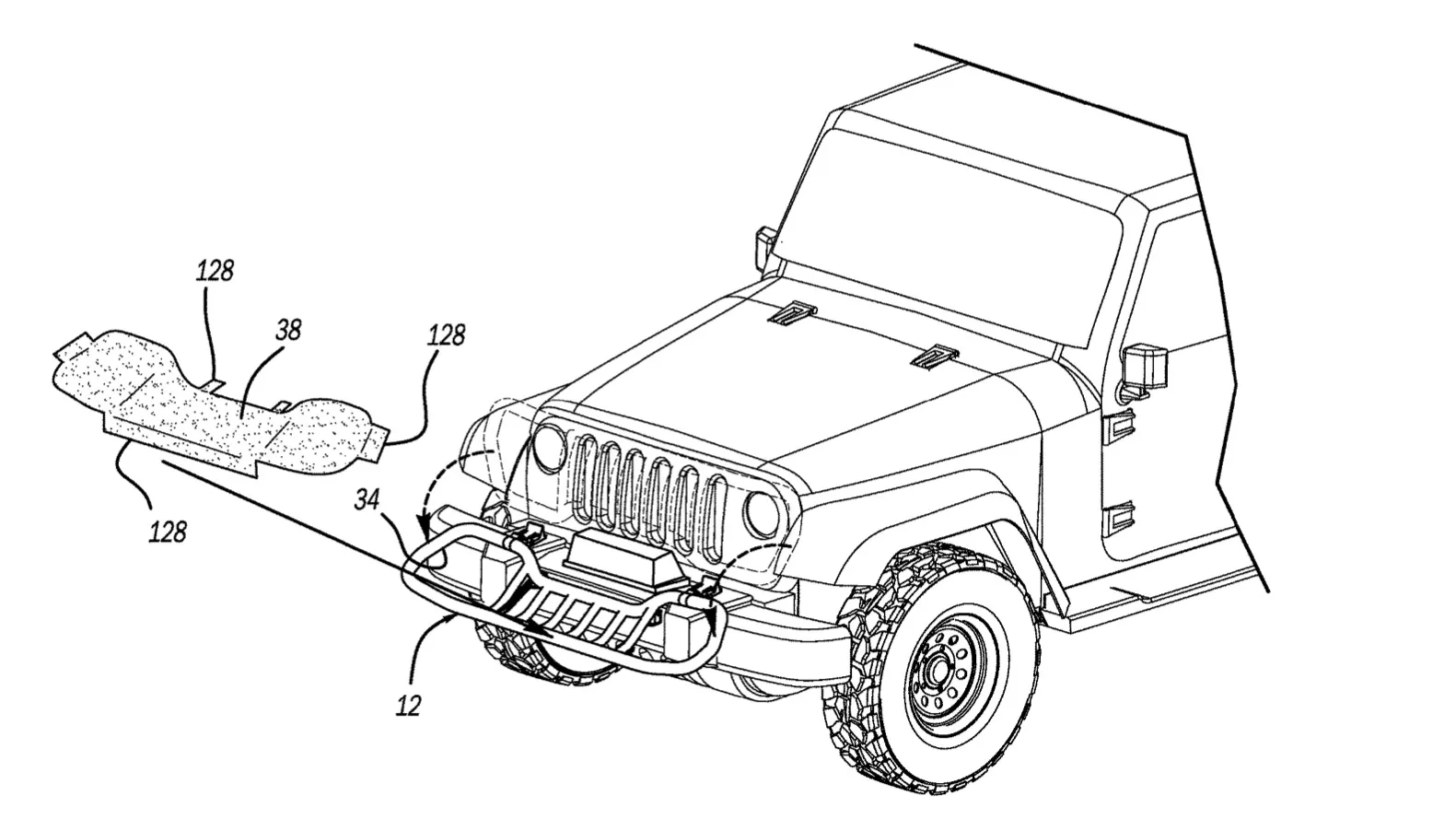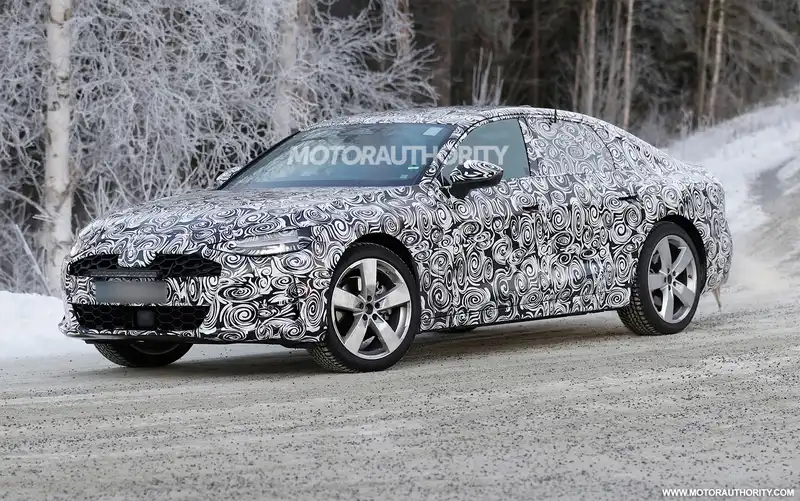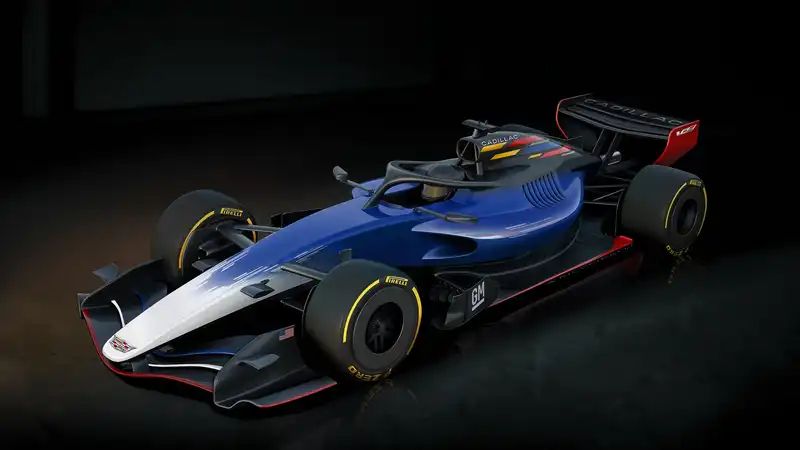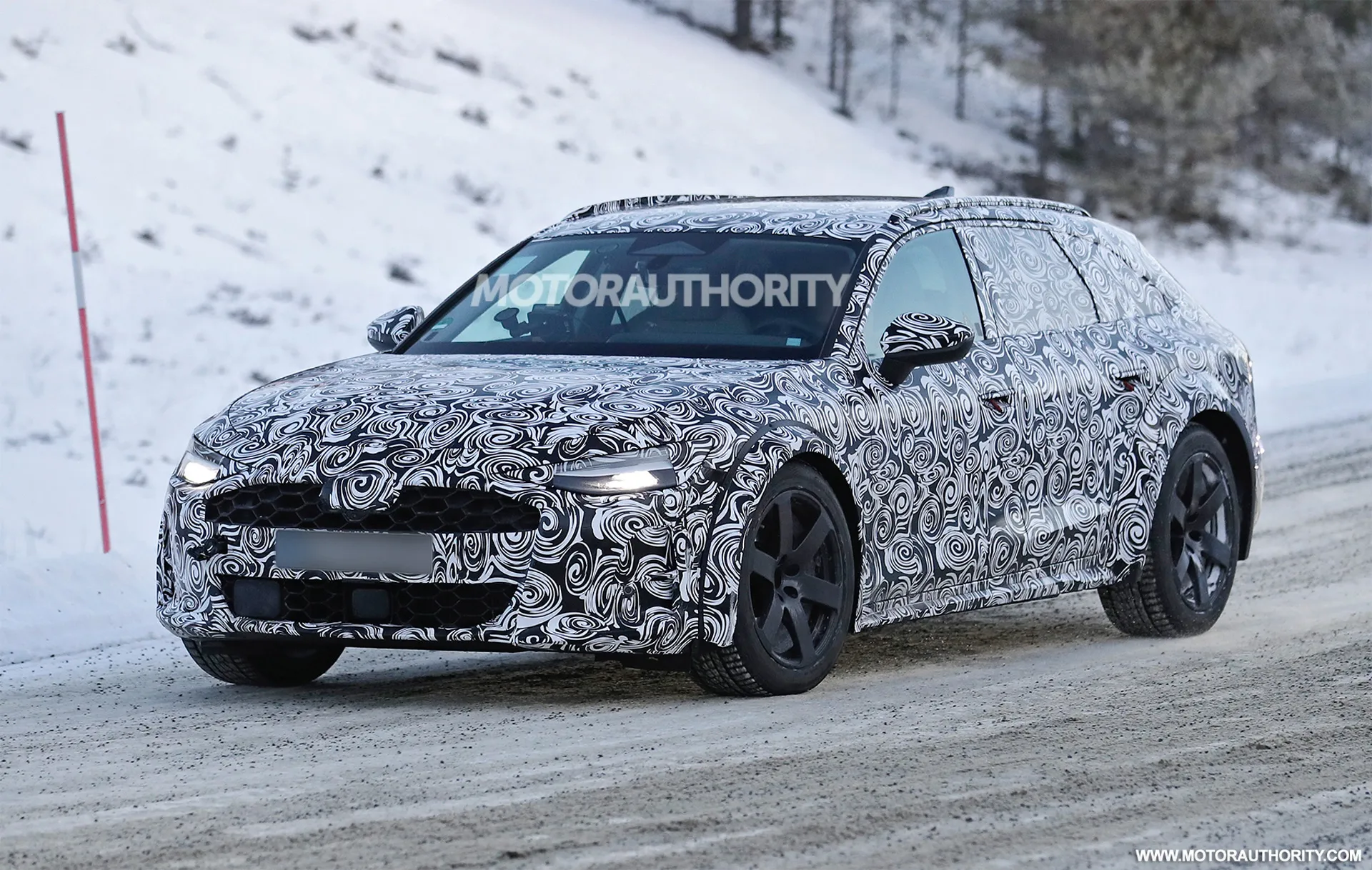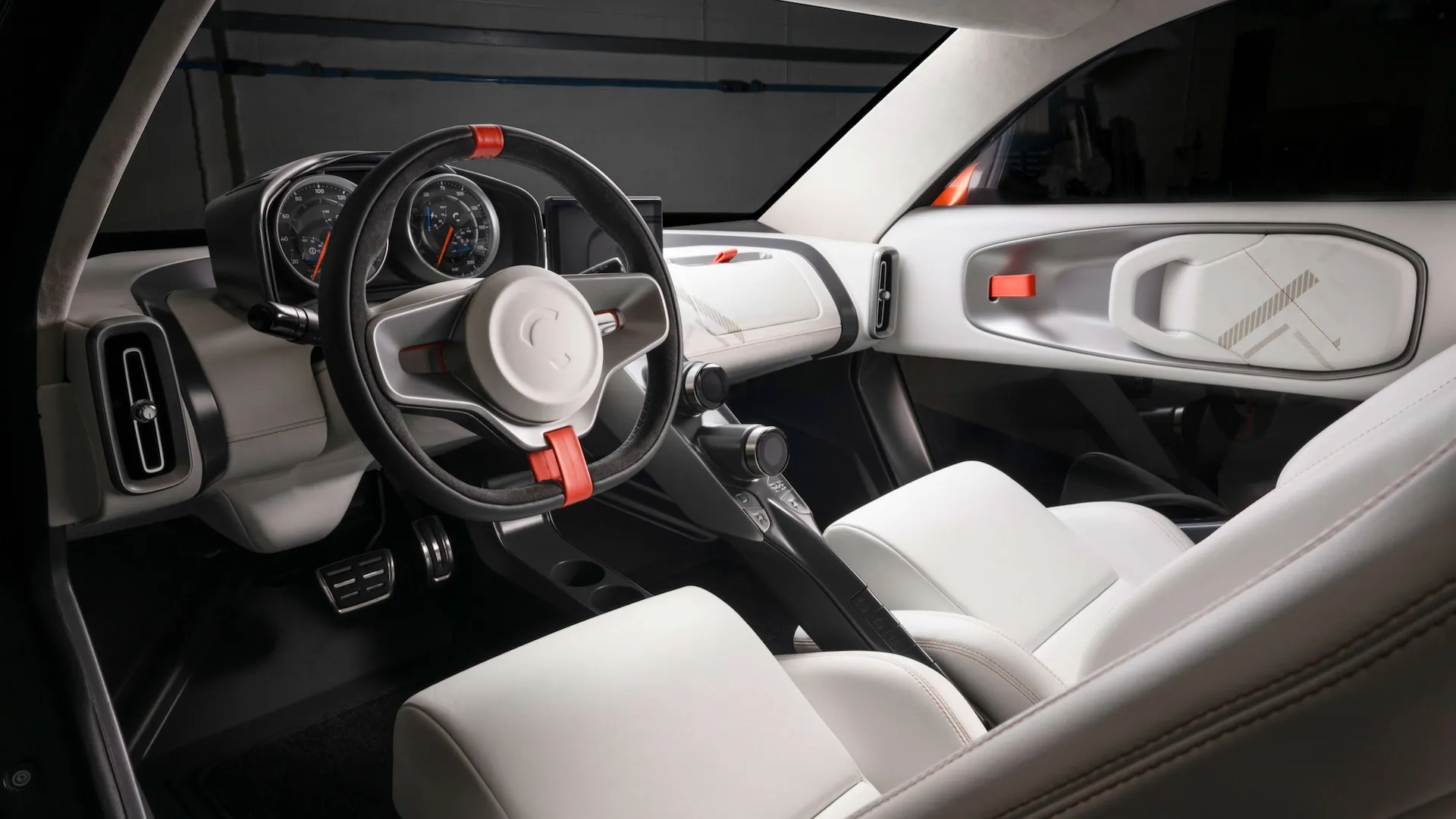The first BMW Neue Klasse EV will start pre-production
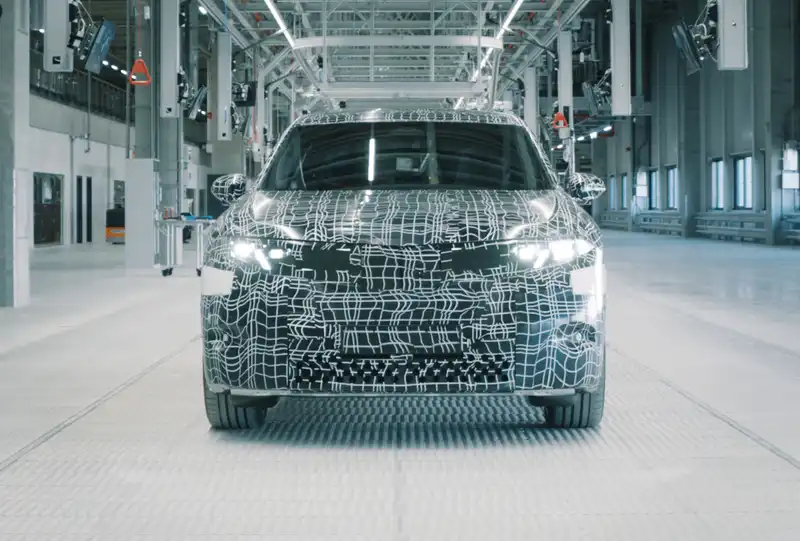
BMW announced on Wednesday that a prototype of its first Neue Klasse electric vehicle is being assembled at its new plant in Debrecen, Hungary.
Pre-production car construction is the beginning of the final preparatory stage for the production of customer cars, BMW said. The automaker also confirmed that customers' vehicles will start off the line at the Debrecen plant in late 2025. Its timeline points to vehicles reaching US showrooms as 2026 models.
Prototypes are typically used for crash testing, weather testing, and final road verification. Their production also provides an opportunity to iron any snags on the production line before the first customer example is built.
The first Neue Klasse EV is a compact crossover, which is likely to be badge as IX3, meaning it will form part of the X3 family. BMW had previously sold the ix3, which was based on the previous generation X3, but its electric crossover was manufactured in China and not sold in the United States.
The first Neue Klasse EV prototypes have been discovered, and BMW has also previewed the design with the Vision Neue Klasse X concept unveiled in May. It will be followed by a compact sedan that is likely to be badge as the i3 in 2026. The new i3 has been installed in the next generation of the 3-Series family and is being tested as a prototype. The design of the sedan was previewed by Vision Neue Klasse concept last year.
Unlike BMW's current Ev, the Neue Klasse Ev has a clear styling to distinguish it from gas or hybrid evs, but the difference is not substantial. BMW has not confirmed anything, but there may also be some Neue Klasse EVs without gas or hybrids.
Neue Klasse's Ev will ride on a next-generation EV platform that promises increased power and efficiency and faster charging thanks to an 800-volt electrical system. BMW's own drive and chassis control software should also ensure typical BMW handling features.
The Neue Classe Ev should benefit from a next-generation battery with cylindrical cells (in place of the current prism cell design used by BMW) and, along with other improvements, should result in a 30% range improvement over BMW's current Ev, the automaker has previously said.
